Qualities of a leader: 15 traits of effective leadership
Leading a team is no easy task. Just look at some of the most inspiring leaders, like Arianna Huffington or Rosalind Brewer. Despite the hard work, there’s something so inspiring about a leader that empowers their team.
If you’re looking to expand your leadership style and skills, you’re in luck. By demonstrating these important leadership qualities, you too can become an effective leader that inspires change.
Good leaders are self-aware, communicate effectively, delegate work , encourage strategic thinking, and motivate the team to do their very best. We’ve put together a list of the 15 most effective qualities in a leader. By learning traits like strategic problem-solving and active listening, you too can inspire those around you.
1. Empowers team members
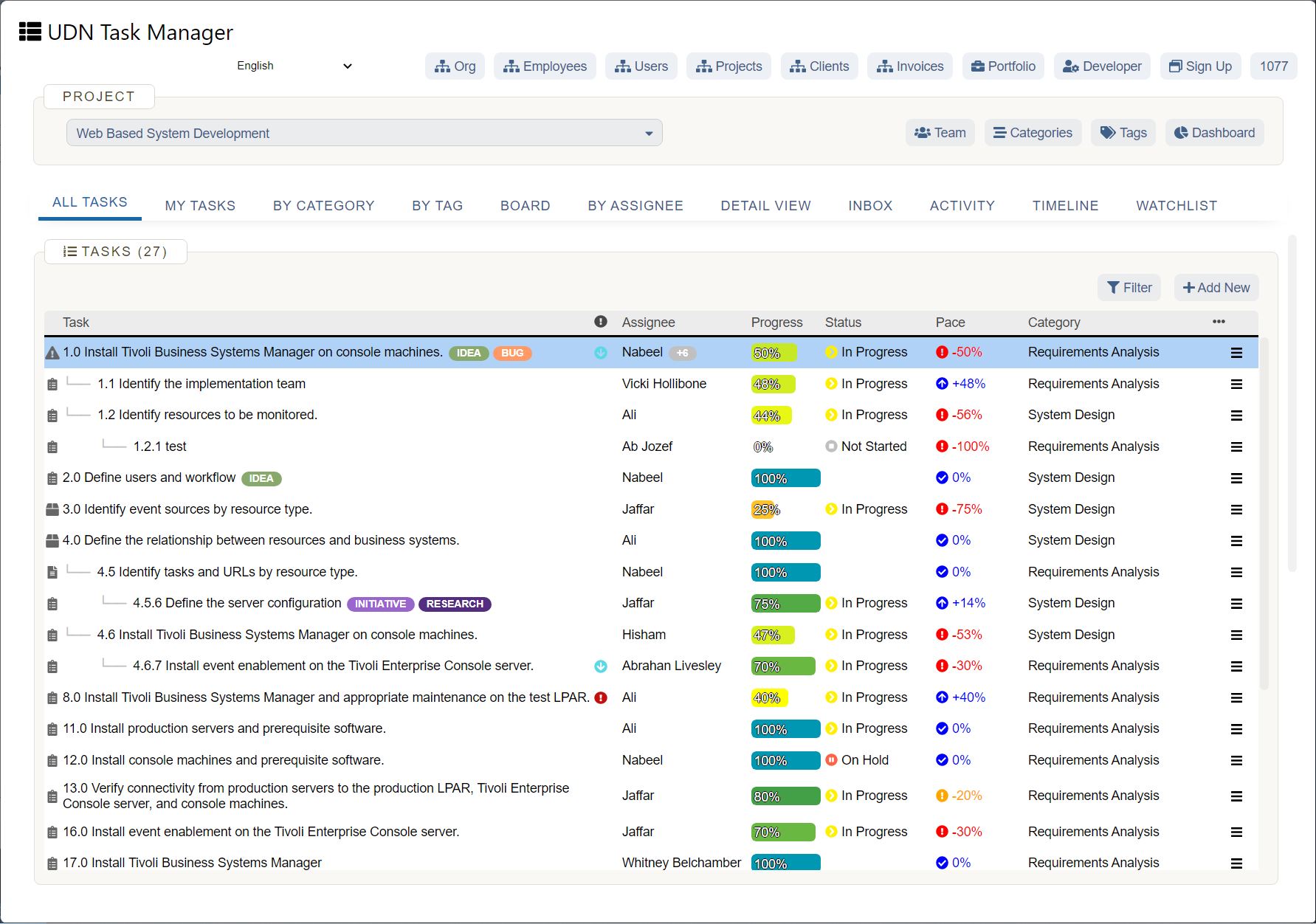
Empowering others should be one of your most important objectives as a leader. Your job is to help your team learn and succeed. That starts with daily motivation, relationship building, showing respect, and co-creating solutions to problems when they arise.
Teams should feel empowered by your confidence in them and industry know-how. When they’re empowered, great work can be created. You can foster team empowerment by:
Encouraging team members to take on new challenges
Motivating your team to get back up when things go wrong
Being a kind but honest communicator
When your whole team is empowered, individuals can shine in their roles and contribute their expertise to shared success.
2. Focuses on team development

Sharing your wealth of knowledge is just one of the many traits of a leader. A good leader not only develops themself but also takes time out of their day to help others grow. This could be in the form of trainings, lunch and learns, or even co-creating solutions to problems with team members.
Not only does it help those around you continue growing their careers, but it can teach you things along the way as well. You can work on developing others by:
Paying attention to what team members want to learn
Using mistakes as teachable moments
Giving constructive criticism even when it’s hard
The important thing to remember is to encourage and train others the way you wish you had been in your career.
3. Communicates effectively
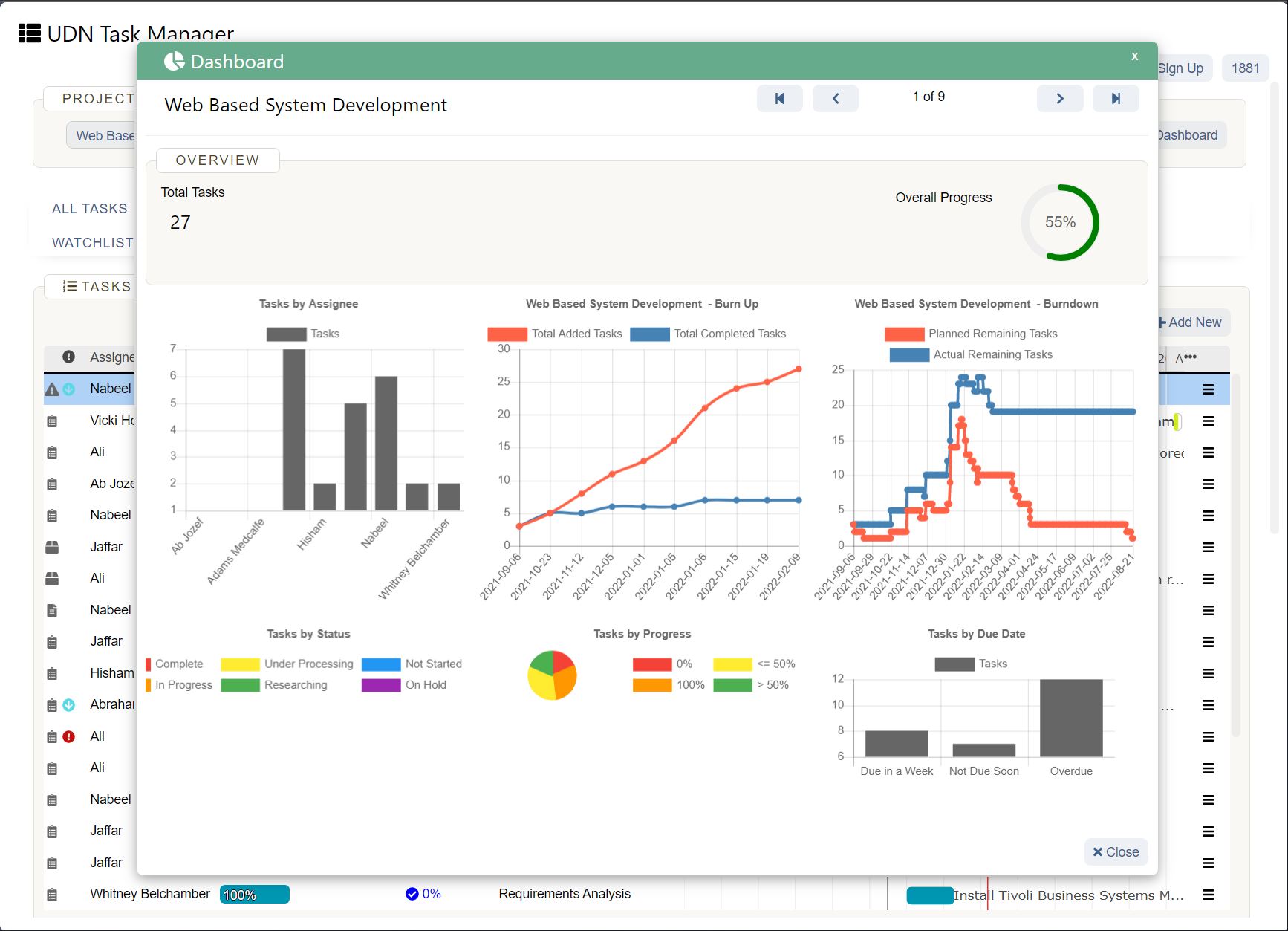
Communication is a key piece of any successful team, especially as it pertains to great leadership attributes. There is a fine line between too little and too much, but it’s always better to err on the side of too much. A lack of communication can result in poor performance or a lack of organizational clarity.
Your communication also needs to be effective, meaning it’s delivered in a direct yet personal way. This includes communicating about projects, as well as connecting as a team. You can work on your communication skills by:
Asking your team for feedback
Listening before speaking
Answering questions directly
Tailoring your message to your audience
The best part: effective communication skills can easily be taught. So if you need a bit of help, don’t be afraid to ask for it.
4. Shows high emotional intelligence

Emotional intelligence is the ability to control and express your emotions, as well as handle interpersonal relationships. Why is that so important in the workplace?
A leader is someone who inspires and guides rather than directs. This means it’s crucial to be empathetic toward teammates so they feel comfortable and open around you. You can work on your emotional intelligence by:
Considering how your team members may be feeling
Examining how your words or actions might affect others
Holding space for how others may feel about a situation
Responding versus reacting to a conflict or difficult situation
When in doubt, it’s okay to ask teammates how they’re feeling. A simple “How are you today?” can go a long way.
5. Possesses problem-solving skills

Of all the competencies needed to be a leader, having problem-solving skills is one of the most important. Team members will likely come to you about problems that need solving. It’s your job to be prepared with strategic advice for whatever comes your way.
This doesn’t mean you need to have all the answers all the time. Instead, you should be prepared with resources that can empower your team to resolve the problem on their own. You can work on your problem-solving skills by:
Backing your advice up with data or an experience
Asking questions that lead your teammates down the right path
Providing multiple solutions for your team to try out
Being an active listener to gain clarity
In short, you don’t need to have all of the answers. You just need to give guidance on how your team can solve whatever issue they’re facing. Letting a decision linger for too long is draining, so don’t let perfectionism keep you from providing input.
6. Respects others

Respect is something everyone deserves—whether you have 30 years of professional experience or three. Showing others respect can help create a healthy team dynamic based on mutual respect.
While respect comes from a variety of sources, it’s important to begin by treating everyone as equals. Additional ways you can work on showing respect are by:
Communicating with team members as equals regardless of position
Listen to someone else’s perspective even if you disagree
Give recognition for a job well done
Have a positive attitude
Good leaders know that positivity and respect go a long way. A good rule of thumb is to acknowledge that everyone is a partner in what you’re trying to accomplish.
7. Prioritizes personal development

Personal development is an important part of career growth no matter where you are in your professional journey. Developing your skills can help you and your team improve your organization in the long run.
It’s also a good idea to have regular checkpoints for self-reflection. Where are you in your personal development journey, and how does that connect to the good of your organization? This can help both your personal and professional growth. You can improve your personal development by:
Attending industry-relevant conferences
Taking courses
Collaborating with other departments
These actions will not only help you be a continuous learner and network with like-minded individuals, but they also help you bring new ideas to the table that increase your impact on your team and organization.
8. Encourages strategic thinking

Leaders are constantly looking for ways to keep their team and organization moving forward. This can be anything from internal processes like roadmaps and technological advancements to external factors like SWOT analyses and product offerings.
From brainstorming techniques to prioritizing project tasks, a good leader motivates their team members to think strategically as well. You can work on encouraging strategic thinking by:
Listening to all ideas, whether you agree with them or not
Hosting team brainstorming sessions
Giving feedback that is backed by data
Letting your team carry out their ideas and learn from mistakes
Thinking strategically is important for both your own self-awareness and your team, so make it a priority to encourage new ideas.
9. Actively listens

Being a leader means listening more than speaking. It’s your job to pay attention to organizational problems and your team members’ thoughts in order to become a changemaker.
It’s also important to listen to those around you to show respect and empathy. You can work on being a better listener by:
Giving team members full attention when they come to you with input or feedback
Asking questions before speaking your mind
Scheduling recurring times to check in with the team
Attending meetings that your team leads
Being a listener is an important, yet often overlooked, part of being a leader. Finding the right balance of inspiring with your words and inspiring with your ears is the difference between a good and great leader.
10. Delegates work

Most of us have had first-hand experience overcoming the challenge of delegating work. There’s a fine line between letting your team take on new responsibilities and letting them take all of the responsibility.
A good leader knows that delegating work can help grow their team’s skill set and keep projects moving forward. After all, you can’t do everything all of the time. Rely on your team and they’ll do the same for you.
You can work on better delegating work by:
Asking your team members what projects they want to work on
Providing an outline or brief if the project is complex
Giving honest feedback so work can be done well
Fostering time management skills to get work done on time
Not delegating enough is bad for both leaders and team members who could be growing with more autonomy. Your first instinct might be to get involved when work isn’t up to your standards, but it’s important to let your team members learn from their own mistakes.
11. Takes accountability
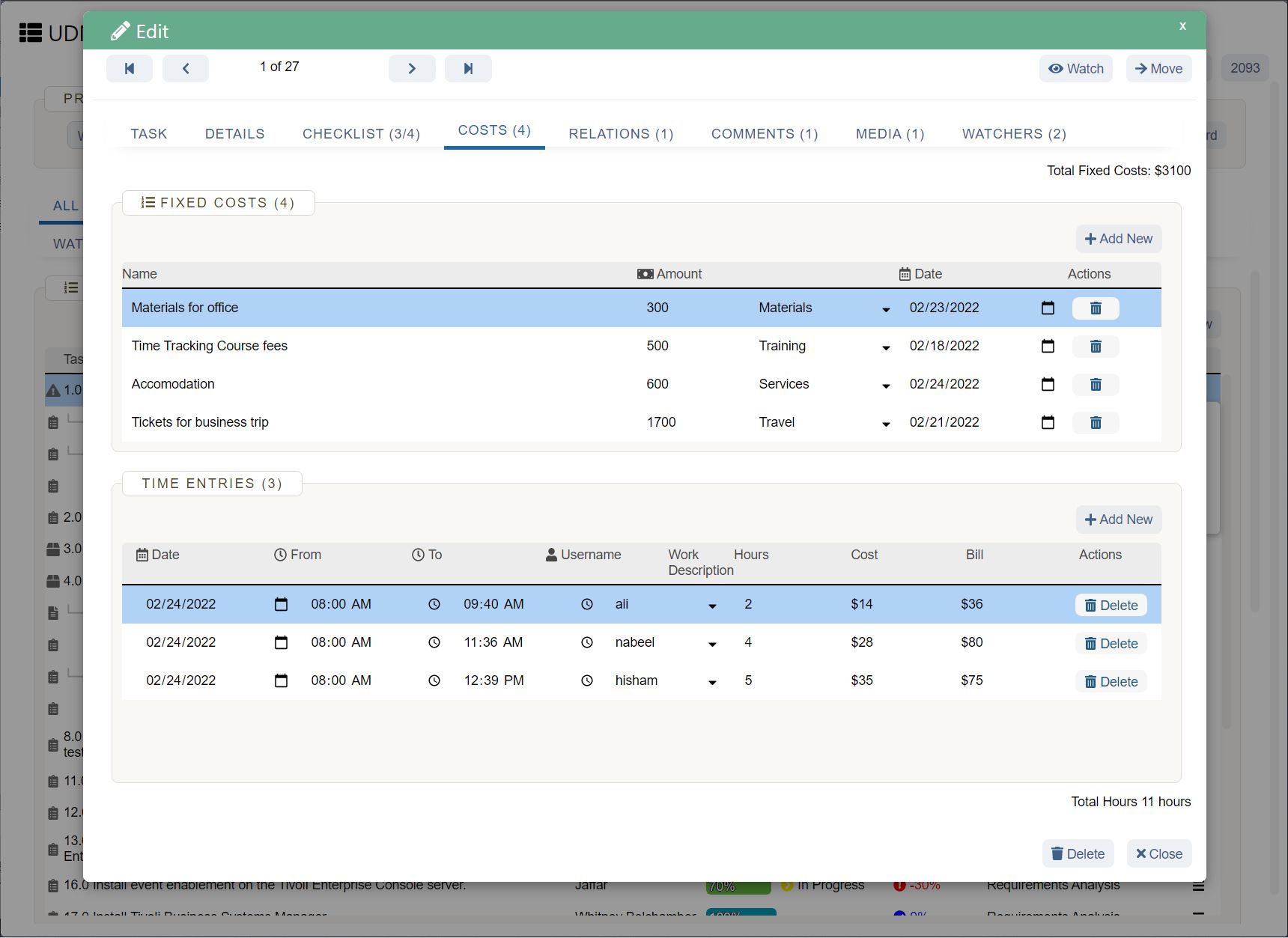
While letting your team take ownership of projects is needed, that doesn’t mean you’ve given up all accountability for their work. It’s important to support your team by taking accountability when things don’t go as planned.
The biggest thing to keep in mind is that all goals aren’t met all of the time. Not meeting expectations provides opportunities for growth—both personal growth and for your organization.
You can work on taking accountability by:
Taking action when goals aren’t met and providing solutions
Explaining where expectations weren’t met and why
Regularly monitoring the progress of key initiatives
Taking accountability means owning up to things that could have gone better and working to solve them with your team. Remember, we’re all in this together and a growth mindset can help you and your team learn from mistakes.
12. Shows deep passion for their work
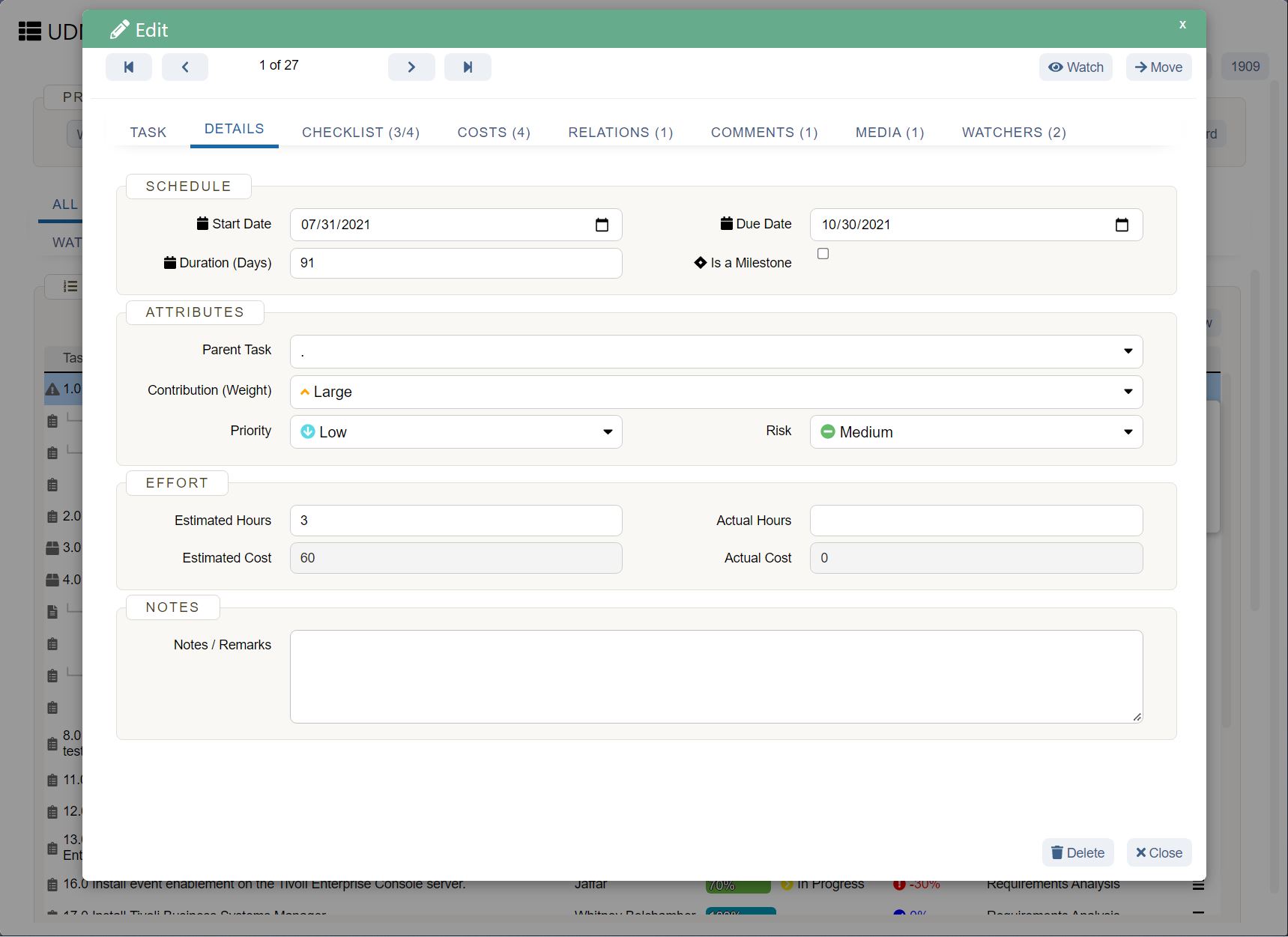
The most successful leaders are the ones who are passionate about what they do. To put it simply, an executive role doesn’t make you a leader. Your knowledge, passion, and teamwork are what make you a leader.
True leaders are the ones who motivate you to do better—even in the face of big challenges. Leaders are the ones who pave the way for you to do great work.
It’s this passion that sets a leader apart from an executive. Without it, it’s hard to be the best leader you can be. Leaders who are passionate about their work are likely to answer "yes" to the following questions:
Are you excited about your role and responsibilities?
Do you get energized about new projects?
Does motivating people give you a sense of accomplishment?
Are you working for something you believe in?
Reflecting on your passion for your work can help you connect with what truly energizes you and be a better leader in the long run. Additionally, it’s important that everyone on your team shares a common purpose and a clear understanding of why they’re doing what they’re doing.
13. Is a visionary
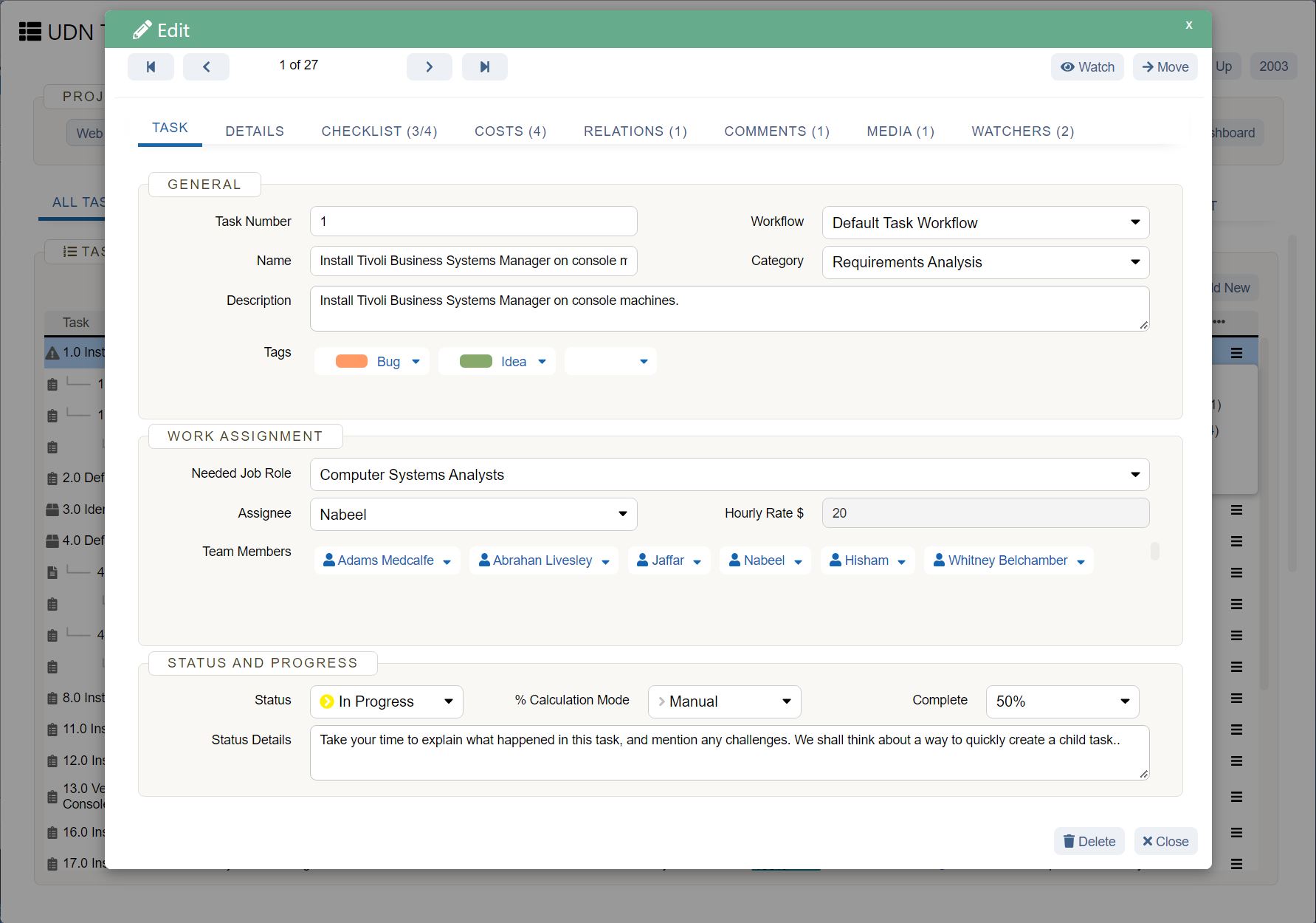
A visionary is a rather broadly defined term, though you tend to know it when you see it. Visionaries are able to see the end result before anything tangible has been created. This is why business owners and entrepreneurs tend to be visionaries. They can see a good idea come to fruition before anything has been created.
Though not everyone is a visionary, you can still practice visionary leadership to motivate your team. Regularly challenge yourself to visualize the future by:
Imagining what your team will accomplish in a year
Facilitating brainstorms and connecting ideas
Motivating others to challenge their thinking
Being a visionary is similar to strategic thinking. Both are important for decision-making needs and for creating clear goals.
14. Cares about others

Caring about others is different from respecting others. The biggest difference is showing you care versus saying you care. Both respect and care are needed for building trust and empowerment on your team.
To inspire others, it’s important to invest in them and their career path. Without that personal connection, guidance can feel more like a directive. You can work on creating that personal connection by:
Connecting with team members about more than just work
Asking your team members about their goals and interests
Being an empathetic listener
Participating in team building games
Creating personal connections with your teammates can empower your working relationships. It can even help cultivate good communication within teams, strengthening overall collaboration.
15. Stays up-to-date on trends
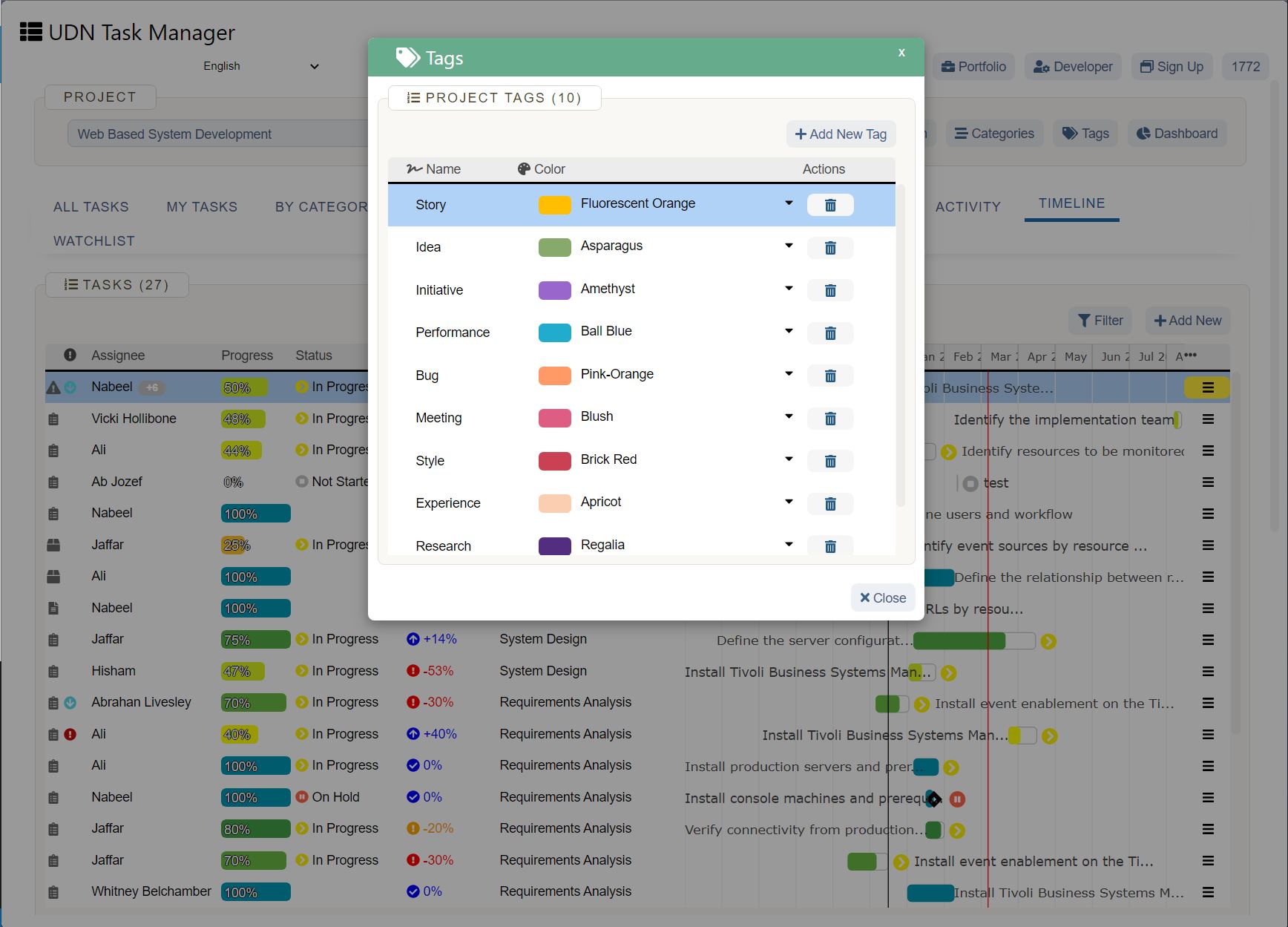
These days, you have to be tech-savvy and stay up to date with new trends in order to deliver innovative results. From new software capabilities like business process automation to AI and more, staying ahead of the curve separates a good team from a great one. Who better to lead them there than you?
The best part about following industry trends is that there is an abundance of training and information on just about anything. So if you’re not in the tech-savvy bucket just yet, here are some ways you can improve your knowledge:
Dedicate time each week to learning something new
Follow technology leaders for industry trends
Attend conferences and networking events
Connect with a mentor who can teach you
Build a knowledge base with best practices and related resources
Due to the ever-evolving nature of trends, it’s good to practice these tips even if you’re skilled in your field. That way you can continue to share innovative ideas that grow your organization to new heights.
Leading your team to success

By honing the qualities of a good leader, you too can learn how to lead effectively and motivate your team to do their very best work. By working on improving each of these 15 leadership traits, you’re not only cultivating leadership qualities and working to continuously improve your own skills, you’re also increasing your impact on your organization.











